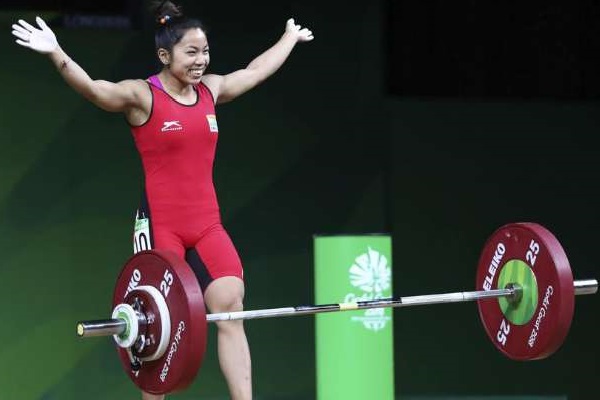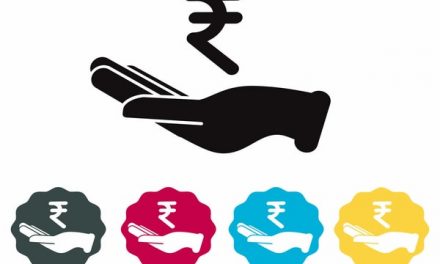Renewable energy sources are being used all over the world. Brilliant minds have devoted their lives to finding resources that do not leak greenhouse gases into the atmosphere or cost large amounts of money. Wind energy, solar power, Hybrid cars and using methane gas for stove fuel. These are all excellent examples of renewable energy as they are all affordable and convenient as well as being efficient.
Central Government Policies
The Ministry of New and Renewable Energy (MNRE) published a clarification for the second phase of its rooftop solar program under which distribution companies—or its authorized agencies will invite Expressions of Interest (EoI) for empanelling the agencies to supply, install, test, and commission rooftop solar systems in residential premises. However, to ensure the quality and post-installation services, only manufacturers of solar panels and system integrators who fulfil the pre-determined technical and financial criteria would be eligible to participate in the bidding process.
The Ministry of Power (MoP) asked the state and union territory governments to request the state electricity regulatory commissions (SERC) to consider reducing the retail power tariff to consumers who purchase power through prepaid meters. It also stated that the necessary changes in the relevant regulations, orders, or mechanism to reduce the power tariff in case of advance payments or prepayments by the consumers, should be implemented six months from the time of issuance of the letter.
The MNRE issued a circular stating it has held talks with the Department of Financial Services, Ministry of Finance, and the Insurance Regulatory and Development Authority of India (IRDAI) regarding the availability of insurance products for domestic solar modules. The insurance of solar products is a crucial component for developers in the solar ecosystem, and currently, there are not many players in this business.
State Government Policies
The Uttar Pradesh Energy Regulatory Commission (UPERC) reviewed its regulations for captive and renewable energy generating projects (CRE Regulations, 2019) in response to a petition from the Uttar Pradesh Power Corporation Limited (UPPCL). The UPPCL had filed an instant petition seeking the inclusion of specific provisions and amendments in the existing CRE Regulations.
In a significant development, the Madhya Pradesh Electricity Regulatory Commission (MPERC) amended regulations for co-generation and generation of electricity from renewable energy sources. This is its eighth amendment to the regulations issued in 2010. As part of the amendment, the MPERC has defined “captive renewable energy generation source” as a project set up by any person to generate electricity primarily for his own use and includes a project set up by any co-operative society or association of persons for generating electricity primarily for use of members of such co-operative society or association.
In another development, the Jharkhand Electricity Regulatory Commission (JSERC) published regulations for Renewable Purchase Obligation (RPO) for obligated entities within the state. The earlier regulations are set to expire in March 2020. RPO is the single most important policy driving renewable energy installations in India towards achieving its aggressive goal of installing 175 GW by 2022, with solar comprising 100 GW of this portfolio. These regulations will apply to distribution licensees, captive users, and open access consumers within the state.












